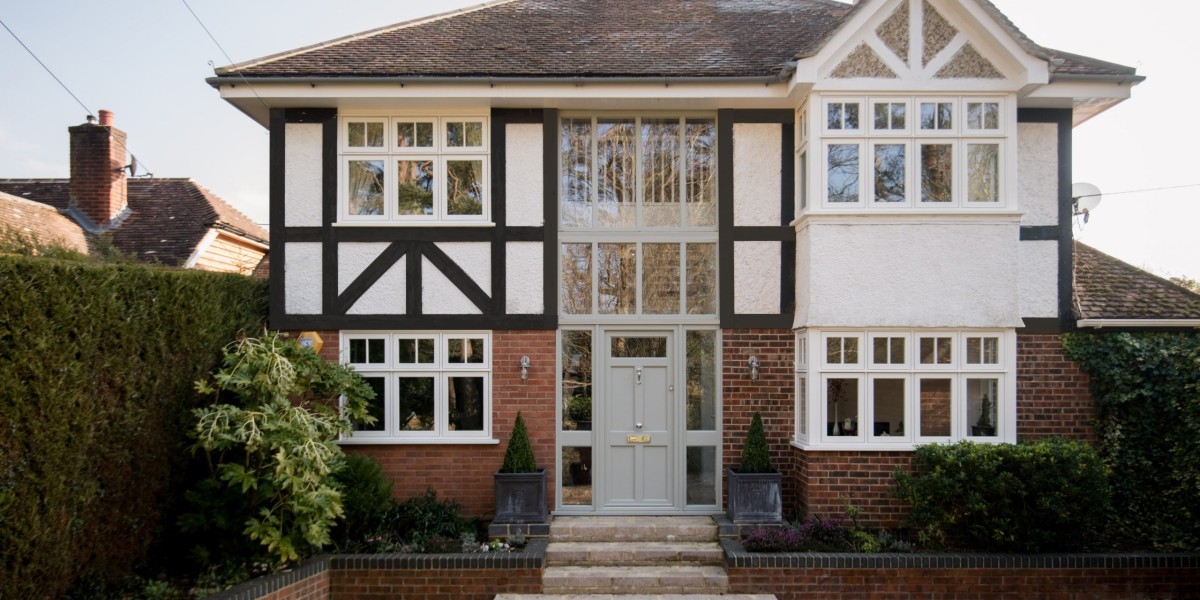
Once you get behind on your home mortgage, among the first worries that you might have is losing your home through foreclosure. It is very important to understand how the foreclosure process works, what to expect if you get a Notification of Foreclosure, and why Chapter 13 bankruptcy can stop the foreclosure process and use a method to keep your home.

First, realize that the foreclosure process does take some time. Even though it may seem as however when the process begins, there is no other way to reverse it (and in some cases that is the case) there are ways to deal with your loan provider, battle against a home foreclosure, and take steps to conserve your home.

In North Carolina there is a legal procedure that a lender has to follow.
A lender can't merely appear one day and take your home. There is a legal procedure that they need to follow, and dealing with foreclosure is less unnerving when you know exactly what you can anticipate. Understanding the process lets you understand what your timespan is so that you can deal with the bank to attempt to remain in your home. Knowing the procedure lets you figure out whether your lender is doing everything correctly, and in turn, how to react each step along the way.
The standard steps of the foreclosure procedure in North Carolina.
In North Carolina, foreclosures are controlled under Article 2A of Chapter 45 of the North Carolina General Statutes. Foreclosures always occur in state court in your county seat (for example, Raleigh in Wake County).

The primary step in a foreclosure takes place before the "legal" aspect even starts. The mortgage holder need to send you a pre-foreclosure notification that gives you information on your default, the interest charges and charges, and offers you an opportunity to cure your default.
Once you have notice, the mortgage holder might begin a foreclosure action. A foreclosure action is a lawsuit with its own unique case number, which will start with the year and "SP" for "special proceeding." Once a foreclosure action has actually been opened, you will receive a Notice of Foreclosure Hearing, which is a formal court file that will offer the date and time of a foreclosure hearing that is required before your home can be offered. The foreclosure hearing may come as soon as 20 days after you get the Notice of Foreclosure Hearing.
Judges normally do not hear foreclosures.
North Carolina is what is called a "power of sale" state. This suggests that typically no judge will hear a foreclosure, instead foreclosures are heard by the clerk of court.
The foreclosure hearing itself will be absolutely nothing like what you see on TV or in the movies. It is essentially an evaluation by the clerk of documents that the mortgage holder presents to him or her. The clerk can only look at a very narrow set of four concerns before she or he can approve a foreclosure sale. The clerk should discover: (1) legitimate financial obligation that is held by the celebration looking for to foreclose; (2) a default on that debt; (3) the right for the holder to foreclose according to the deed of trust; and (4) that the debtor got correct notification of the hearing.
Because the clerk is just looking at such a narrow variety of concerns, it is extremely challenging to provide a defense at these hearings, and nearly all hearings result in an order authorizing foreclosure sale. The clerk can't look at why you are behind, or whether the bank is accountable for some misbehavior. They can just decide whether the bank has shown the 4 components. If you can show that the loan provider didn't satisfy among the components (for instance, show that the bank can not prove that it holds the note to your loan), then you might have a defense to the foreclosure, however successful defenses before the clerk are unusual. Any defenses that fall outside the four elements need to be brought in a different action filed in Superior Court; those cases can be expensive and are also hard to win.
Either the debtor or the mortgage holder may also make a motion to continue the foreclosure hearing to a later date. Requesting to continue the foreclosure hearing could provide you more time (up to 60 days) if you are able to show the clerk that there is a sensible probability that you will solve the default with the bank and avoid the foreclosure from taking place. You might do this by showing that you have actually been working out payments with the bank, or that you are requesting a loan modification. If a continuation is granted, the clerk will provide a composed order that validates the continuation and the brand-new date for the hearing.
The foreclosure sale
If the clerk allows the foreclosure to proceed, the next step is the sale of your residential or commercial property. You will get a Notification of Foreclosure Sale (comparable to the Notice of Foreclosure Hearing) that consists of the date, time and place of the sale, which need to be set at least 20 days after the hearing. The Notice of Foreclosure Sale will be published in the newspaper for two weeks as well. The auction of your home will take place on the day revealed in the Notice of Foreclosure Sale, unless the sale is held off.
Filing Chapter 13 insolvency any time up to 10 days after the sale can stop this procedure.
Even after the date of the sale, however, there is a 10-day "upset bid period" that enables additional quotes to buy the home. The sale is tentative, and title to the home will not transfer from you to the effective bidder until after the 10-day upset bid period expires. You can stop the sale of your home by submitting a Chapter 13 personal bankruptcy at any time before the 10-day upset quote period following the sale ends. The securities of the Bankruptcy Code stop all action to collect any of your financial obligations. That consists of the transfer of the deed to your home in a foreclosure proceeding at the end of the 10-day upset bid duration. This means that if you submit a Chapter 13 insolvency before expiration of the upset bid duration, the sale of your home will not end up being final and you may have the ability to bring your mortgage current gradually so that you can remain in your home.
The length of time can you remain in your home after the sale?
After the 10-day upset bid period expires and the home is moved, the new owner has the right to evict you from the residential or commercial property after giving you proper notification and time. The Sheriff will normally publish a notice on the residential or commercial property and evict within 20-30 days after the deed to the home transfers.
But keep in mind that there are numerous actions before you in fact lose your home, and it is essential at each step to assess whether it is possible to negotiate with the lender and whether bankruptcy protection can use a method to catch up on your mortgage and conserve your home.
Tags:

Jim White
Jim White assists people and business facing severe monetary injury by bringing and safeguarding suits and representing debtors in insolvency. He has actually successfully taken on banks, large banks and other corporations in "David v. Goliath" cases. You can reach him at 919-246-4676.




